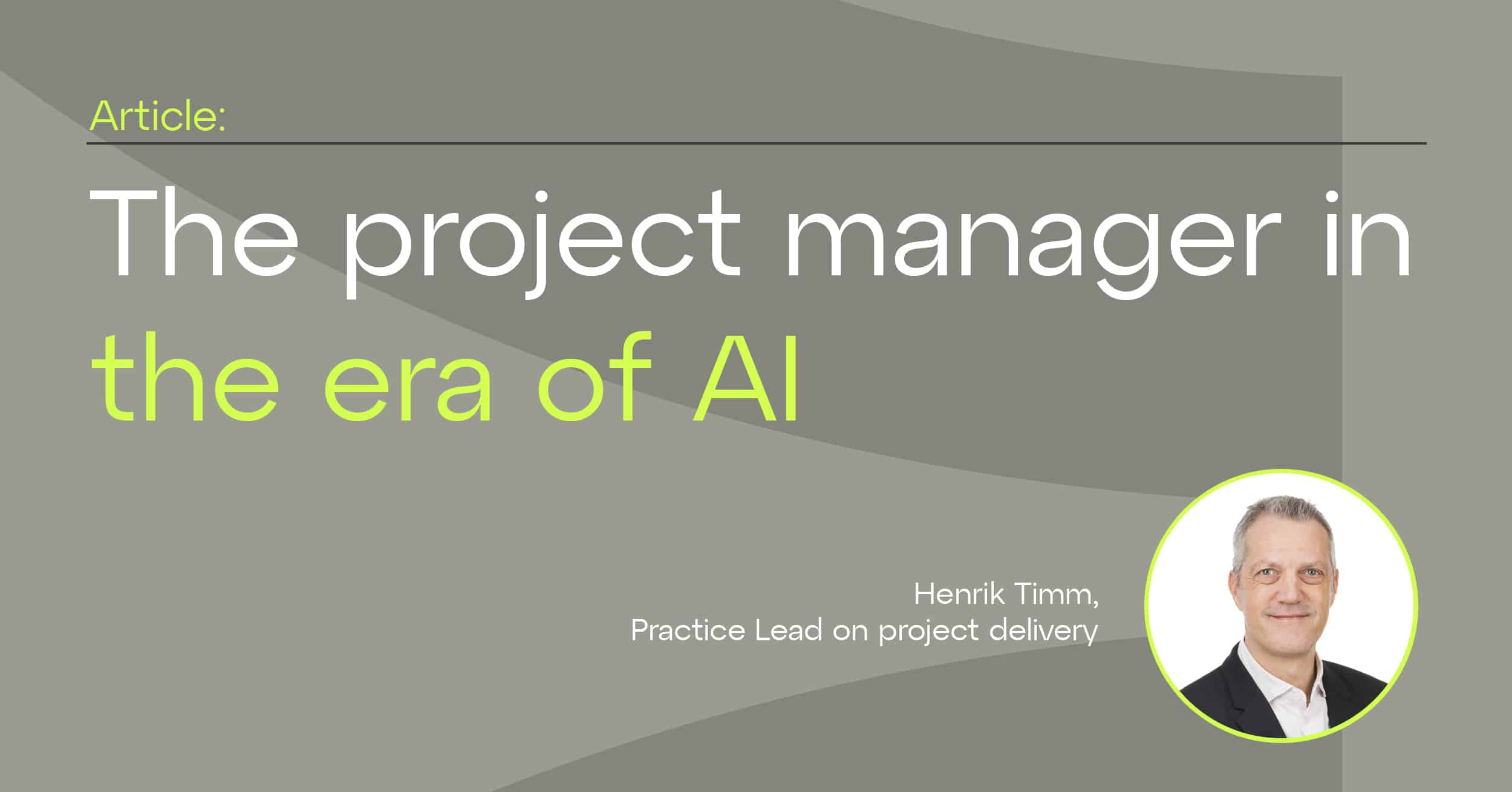Before cars hit the road, AI is allowing designers to process vast quantities of data to manufacture more efficient cars in a more efficient way and improve quality control. AI can also bring production rates in line with predicted demand. Although, as a highly regulated sector, AI best practice and data management are important to get right.
On the road, advanced driver assistance systems (ADAS) are already in widespread use, for example to help drivers park or change lanes more safely. Autonomous cars are the ultimate goal and are already on the roads, but there are levels of automation.
The Society of Automotive Engineers, SAE International, ranks vehicles from Level 0 to 5, from none to ‘full driving automation’. For higher levels, a safety driver will still be on hand to step in if needed.
Read about the SAE International ranks here.
McKinsey’s 2023 report on the the future of autonomous vehicles estimates that autonomous driving (AD) could create $300 billion to $400 billion in revenue by 2035 and that, despite some setbacks to product launch and adoption, AD has ‘the potential to transform transportation, consumer behaviour, and society at large’.
Examples include, improving road safety through greater traffic efficiency, allowing employees to work during their commute and increase productivity or travel in from further away, as well as to improving mobility for older adults and individuals with reduced mobility.
Read about the future of autonomous vehicles here.

























